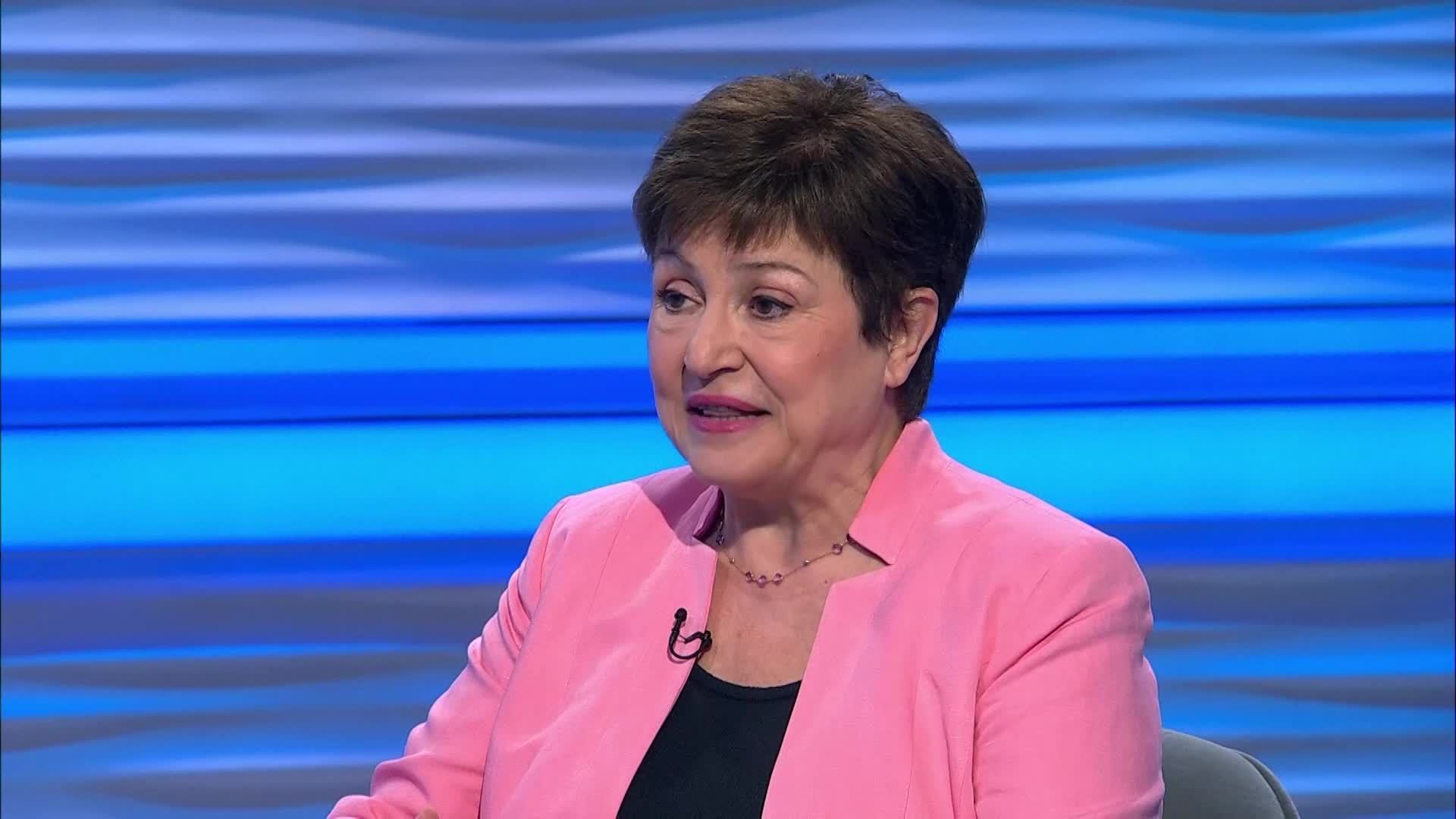The IMF’s Managing Director Kristalina Georgieva raised the 2022 Spring Meetings curtain today (Thursday, April 14) in an event hosted by Carnegie Endowment for International Peace where she stated that the world is facing a crisis on top of a crisis: First, the pandemic, and second, Russia’s invasion of Ukraine.
Global growth prospects vary greatly across countries: from catastrophic economic losses in Ukraine, to a severe contraction in Russia, to countries facing spillovers from the war through commodity, trade, and financial channels. The IMF will release detailed forecasts in the World Economic Report, set for release next Tuesday.
“The outlook has deteriorated substantially, largely because of the war and its repercussions. Inflation, financial tightening and frequent, wide ranging lockdowns in China causing new bottlenecks in global supply chains are also weighing on activity. As a result, we will be projecting a further downgrading global growth for both 2022 and 2023. Fortunately for most countries, growth will still remain in positive territory. That said, the impact of the war will contribute to forecast downgrades for 143 economies this year, accounting for 86 percent of global GDP,” said Georgieva.
Emerging and developing economies face the added risk of potential spillovers from monetary tightening in advanced economies—not only higher borrowing costs but also the risk of capital outflows
“The Russian invasion of Ukraine triggered spillovers through three main channels. The first one is commodity prices wheat oil, gas, metals. The second one is pressure that is put on inflation and the necessity for central banks to tighten up faster than they would have done otherwise with all the consequences for emerging markets. And the third one are the financial channels remittances, but also the impact on how the monetary system is going to look like after the war. So when you when you look at this impact from a human standpoint, the most dramatic one is indeed food prices. Why? Because that comes on top of already deepening food insecurity in many parts of the world. Remember, we had bad harvests in a number of countries locust in Africa, in the Horn of Africa that all has already generated pressures. And now the war is heating on the poor families of the world even more,” added Georgieva.
Georgieva concluded the event by stressing that the international community’s immediate priorities are to end the war in Ukraine, confront the pandemic, and tackle inflation and debt.
“2020 is the record highest borrowing year since the Second World War, even the global financial crisis didn't lead to in one year such an expansion of borrowing. Now when we have debt level globally at 256% of global GDP, obviously we have to think of the impact of it when. Interest rates are low, in some cases, even negative this is easy. In fact, in 2021, debt went up, but debt service in many countries went down. Why? Because of accommodative monetary policy. When inflation accelerated and I should say that part of the pressure on inflation came from demand picking up after the pandemic but supply chains being broken and supply not catching with this demand. Today, also because of the pressure of war. Price stability is very important for growth, so central banks do have to take action, they have to act decisively. When they do so, interest payments go up servicing debt becomes much more difficult,” said Georgieva.
To watch the full event, click here.

